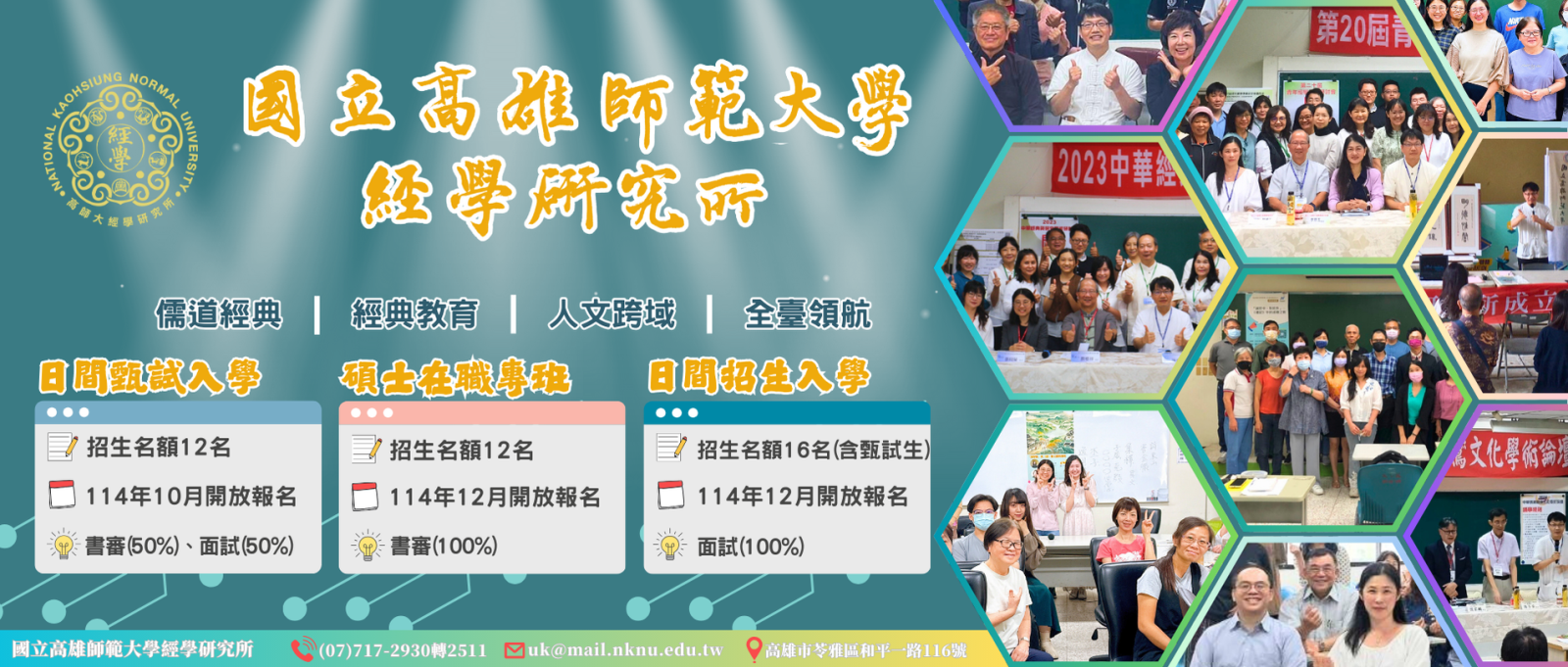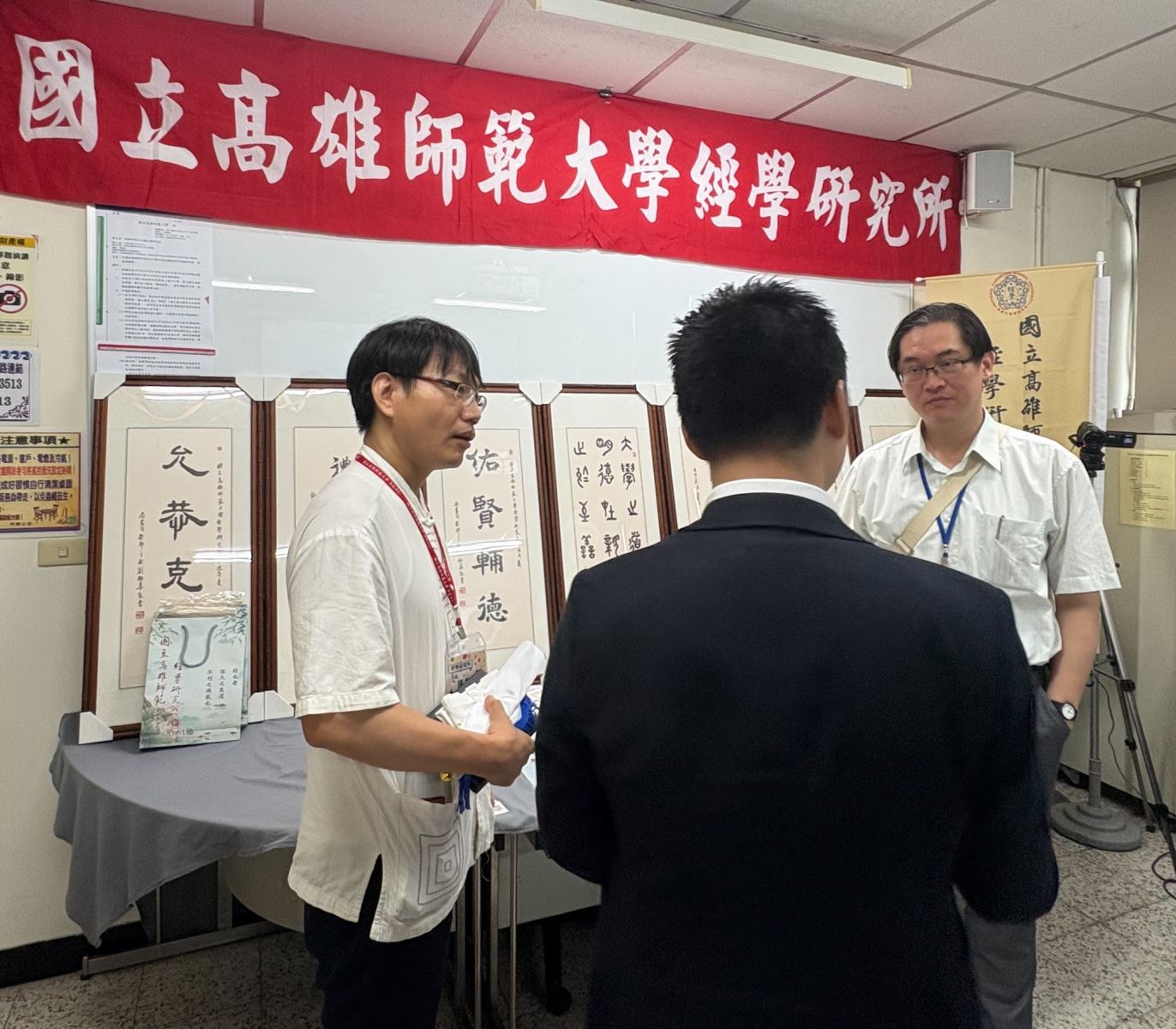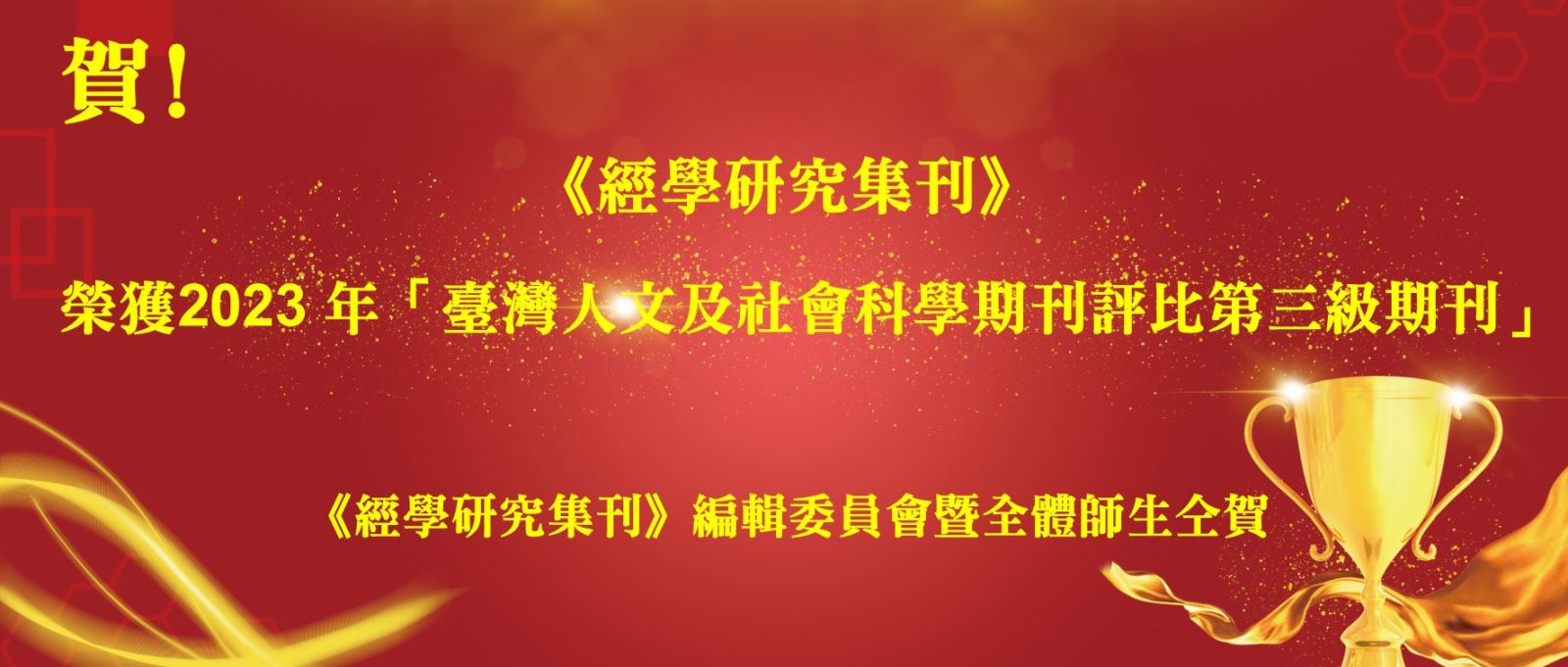
I. Introduction
Every great nation possesses enduring cultural assets. Among these, classical texts and the arts are the twin pillars upon which the brilliance of Chinese civilization rests. Yet their longevity depends on the people’s faith in, understanding of, and affection for them. One can scarcely imagine how future generations of Chinese descendants might confidently and proudly walk the global stage without these cultural foundations.
On August 1, 2003—a day like any other with babies born, businesses launched, and academic programs initiated—the establishment of the Graduate Institute of Chinese Classics may have seemed unremarkable. But to those who cherish traditional Chinese culture and feel called by a sense of cultural mission, it was a moment filled with deep significance and hopeful expectation.
Over the past seventy years in Taiwan, the study of Chinese classics has faced challenges from the rise of technological modernity. As society has gradually lost touch with humanistic values, the number of scholars devoted to the field has also declined. Fortunately, institutions such as the Institute of Chinese Literature and Philosophy at Academia Sinica and many dedicated scholars in universities have worked tirelessly to sustain the field. Since the 1980s, research in the Chinese classics has also revived in mainland China.
Now, in southern Taiwan, the College of Liberal Arts at National Kaohsiung Normal University has established the world's first academic institute specifically dedicated to Chinese classics. Amid the global rise of interest in the Chinese language, this endeavor reaffirms that classical texts are the heart of Chinese culture. The study and research of Chinese classics will surely flourish once again, revitalizing the universal values of tradition and awakening long-dormant human spirit.
II. Founding Purpose

The classics represent timeless principles and are the crystallization of a nation’s wisdom. They are also the spiritual core of Chinese culture. Guided by the belief in the perpetual vitality of the classics, the Graduate Institute of Chinese Classics is committed to in-depth research and the promotion of classical education. Our mission embraces modernization, ethical practice, humanistic concern, and practical application of classical knowledge.
We aim to enhance the scholarly value of the classics, illuminate their inner meanings, and contribute to the revival of traditional Chinese culture—purifying the human heart and transforming society.
III. Founding History

In response to Taiwan’s declining birthrate and the increasingly competitive university environment, National Kaohsiung Normal University sought to raise its academic standards and adapt for future transformation. The Department of Chinese planned to reduce one undergraduate class and instead establish two new graduate programs.
At that time, Associate Professor Huang Zhongtian, considering the department's research strengths, faculty development, and the mission of cultural inheritance, proposed the establishment of the Graduate Institute of Chinese Classics during a departmental development meeting. After numerous discussions and votes, the proposal received the highest support and was approved by the departmental faculty and the university, and later authorized by the Ministry of Education.
The preparatory committee, including then Dean of Academic Affairs Prof. Cai Peicun, Dean of Liberal Arts Prof. Wu Lianshang, Department Chairs Prof. Jiang Congping, Prof. Li Ruoying, Prof. Fang Lina, Prof. Cai Genxiang, Prof. Huang Zhongtian, Prof. Du Mingde, Prof. Wang Songmu, and Prof. Zheng Buwu, formally launched the institute on August 1, 2003.
Prof. Huang Zhongtian served as the founding director, overseeing the planning and development of the institute’s facilities. Subsequent directors Prof. Cai Genxiang and Prof. Zheng Buwu carried on the mission. The current director is Associate Professor Chen Weiquan (since August 1, 2022).
Located on the 5th floor of the College of Liberal Arts building at the Hoping Campus, the institute includes a director’s office, administrative office, library (Siyuan Pavilion), and a seminar room (Linjing Pavilion), along with other academic resources and facilities.
IV. Research Scope

Chinese classics are the wellspring of traditional Chinese scholarship and a crucial resource for modern interdisciplinary research. The founding of this institute fosters a vibrant academic environment and lays a broad foundation for scholarly pursuits.
The core focus is the Confucian tradition as found in the "Thirteen Classics," but our scope also includes key works from other schools of thought, such as Daoist and Buddhist canons, as they are integral to the broader framework of Chinese classical learning. This gives our research a comprehensive, “classical studies” (jingdian xue) perspective.
Our research strategy begins with traditional methodologies—textual analysis, philology, phonology, and historical documentation—while actively expanding into modern interpretative frameworks. This includes literary, historical, linguistic, ethical, aesthetic, cultural, philosophical, and pedagogical approaches, offering systematic studies that cross disciplines, eras, and cultures. We also seek to apply innovative theoretical models for deeper and more impactful interpretations.
V. Future Development Goals
-
Establish a Robust Research Framework: Launch in-service master’s and doctoral programs to cultivate high-level scholars.
-
Lead Trends in Classical Studies: Build global academic connections to advance the discipline.
-
Build a Classical Resources Center: Expand collections to better support southern Taiwan scholars.
-
Broaden Social Impact: Promote classical education through workshops and camps.
-
Emphasize Moral and Spiritual Education: Nurture holistic growth and ethical character in students.
VI. Conclusion
While we may not choose our birthplace, we can choose our spiritual home. The classics are the home of our spirit, and the Graduate Institute of Chinese Classics seeks to be a spiritual haven for all lovers of tradition.
We gratefully acknowledge the invaluable support received during our founding—from Academia Sinica's donation of publications, to Prof. Lin Qingzhang’s encouragement, Prof. Yang Jinlong’s donation of the Siku Quanshu, guidance from Prof. Zhang Gaoping (National Cheng Kung University), and many supportive colleagues and donors including Professors Zhou Hulin, Chen Guangzheng, Kang Yiyong, Chen Zhenyin, Luo Kezhou, and Fu Shiyi. We especially cherish the generous gift from the widow of Prof. Qu Wanli, who donated part of his personal library.
Though challenges lie ahead, we remain committed to reviving Chinese culture and transforming society. We warmly welcome continued support—spiritual, intellectual, or material—from individuals and institutions worldwide. May the deep roots of our classical tradition once again flourish with vitality, and may the Graduate Institute of Chinese Classics stand as a steadfast guardian of Chinese cultural heritage.
Even amid financial hardship, we will carry forth the mission to preserve the essence of Chinese wisdom. Like a small flickering light, our work strives to illuminate the long night with enduring brilliance.